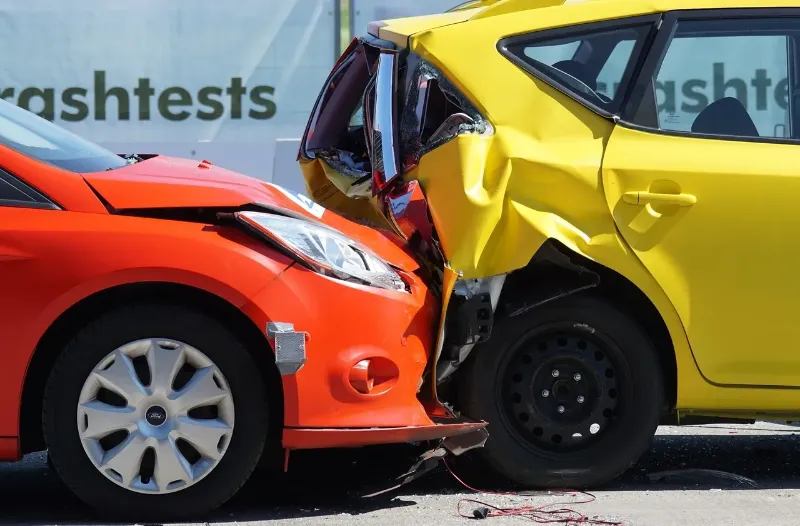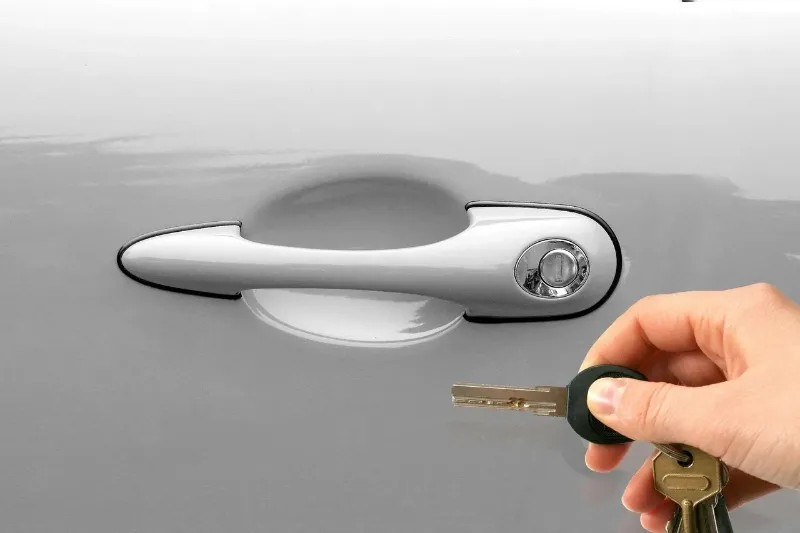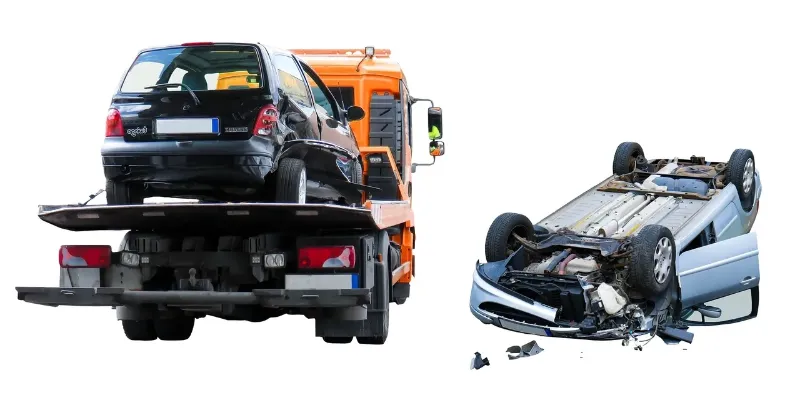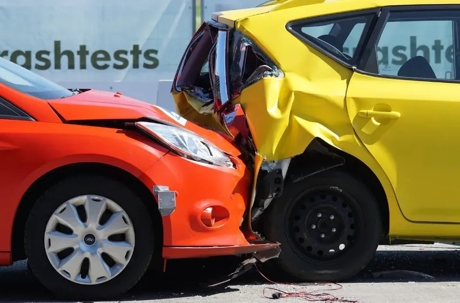On many occasions, I have had clients ask me, following a car wreck, “Mary, what am I supposed to do about my car? I’ve never been in a car wreck and I don’t even know what my options are.” Dealing with property damage can be so frustrating, but if you are armed with the tools and knowledge necessary, you can handle it well and make sure you are not taken advantage of by adjusters trying to save every penny they can, for the insurance company. Below is a discussion of some issues you will come across, when dealing with an insurance adjuster, after a car wreck, to get your property damage resolved.
1. Can I get it fixed?

You have two options, regarding the resolution of property damage, following a car wreck; potentially, you can (1) have the car repaired or (2) the insurance adjuster can choose to deem your vehicle a total loss. If you can get the vehicle repaired, you have the right to choose whatever body shop you want, to fix your car. If you do not have a body shop of choice, the adjuster may suggest a preferred body shop. A preferred body shop is a body shop that has gone through an application process, with that specific insurance company, and agrees to follow certain procedures, the insurance company instructs them to follow. Dealing with a preferred body shop does seem to quicken the process, but I have also had clients agree to go with a preferred body shop and end up VERY unhappy with the work that was done on their vehicle. Some suggestions, if you are considering a preferred body shop, that you have no prior experience dealing with, check Google for reviews or ask around to see if you know anyone that has used that body shop in the past. It is very frustrating to think that you are at least going to be able to wrap up the property damage portion of your claim, then you go to the preferred body shop, and your vehicle was not adequately repaired.
2. What about a rental?

Another common question, “Can I get a rental vehicle?” If the insurance company for the person that caused the wreck, accepts liability (fault), you should be able to get a rental vehicle very quickly. Sadly, it seems that adjusters are taking more and more time to “investigate” the claim, delaying a liability determination, and leaving the injured party with no transportation. If that is the case, you can look to your policy for rental coverage. If you do not have rental coverage on your policy, you can pay for a rental, out of pocket, and then if liability is accepted, you can present the receipt for the rental, to the adjuster, for reimbursement. Finally, if you are not provided a rental and are not able to pay for one, again, if liability is accepted, the insurance company will be required to pay you loss of use damages for every day that you were without a vehicle, due to their insured’s negligence.
3. What if the adjuster says it is totaled?

If you are thinking you read it wrong above, that the insurance company gets to decide if your vehicle is a total loss, you did not read it wrong, it is the choice of the adjuster, not you, as to whether the vehicle will be deemed a total loss or not. Typically, if the cost to repair the damages exceeds 80% of the fair market value of the vehicle, the adjuster will deem the vehicle a total loss. You might be thinking, “What is fair market value?”, if so, that is a great question. In layman’s terms, the fair market value of your vehicle is what you would have to pay to get the same vehicle, in the same condition, in the same region. It is EXCEEDINGLY rare that you can find your EXACT car, in your geographic region, with the same mileage, level of prior wear and tear, amenities, etc. Typically, if an adjuster decides to total a vehicle, they provide the vehicle owner with a report or CCC valuation, where they found 10 or so vehicles, somewhat similar in a somewhat close geographic location (I have seen them go at least 3 hours away before) and then take an average of the value of those 10 or so vehicles to determine the fair market value of the totaled vehicle.
You might be wondering if there is any way to confirm that what the adjuster is presenting you is a true fair market value. There are several websites, where you can search the value of your vehicle, but two of the best are KBB.com (Kelly Blue Book) and NADA.com. Both sites will require the mileage of your vehicle and your zip code, to give you an idea of what to expect, regarding the fair market value of your vehicle. One note, regarding vehicle valuation, is that if you have recently had work done on your vehicle, like new tires or a new engine, in the last six months, you can present these receipts to the adjuster, to attempt to add to the fair market value of the vehicle. One other note, regarding after-market parts, if you have those on your car, be prepared to be unhappy, as most insurance companies do not pay anywhere close to fair market value for after-market parts; you can expect to receive fair market value of stock parts.
4. Property Damage Claim Handling FYI
When you are dealing with an insurance adjuster, it will always benefit you to confirm communications in writing; emails are quick and convenient. If you do not get a return call or returned email from the adjuster, you will want to follow up with their supervisor, via phone and email. If you are in a rental, make sure to stay in contact with the rental company, in case there are any changes, regarding the return date, to make sure you are not stuck with an excess rental bill or the adjuster tries to reduce your property damage settlement, by the “additional” rental funds. If your vehicle is towed from the scene of the wreck, you will want to make sure the wrecker receives the liability insurance information, for the person that caused the wreck. If your vehicle was towed to a facility that has storage fees, you will want to work with the adjuster to get it moved to a storage-free facility, as quickly as possible; excessive storage fees can also cut into your property damage settlement.
Handling a property damage claim can be stressful and difficult, but with the information above, you will be armed with the necessary tools to make sure your property damage gets resolved, but also to make sure no one takes advantage of you.
As always, stay safe!

